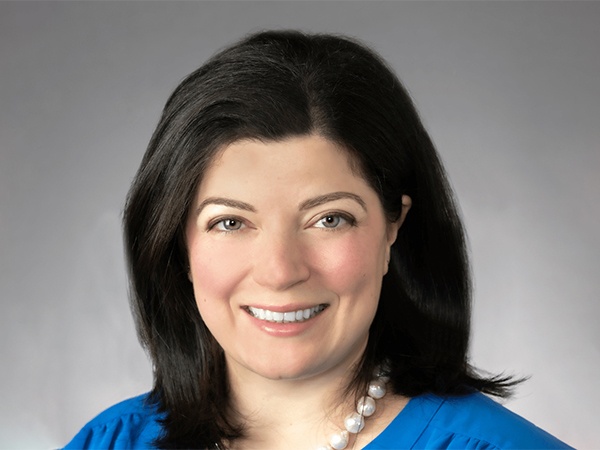A “weighted” lottery program designed to ensure that people living in the most disadvantaged U.S. neighborhoods would be offered a scarce, potentially life-saving medication proved feasible in a large health system. The approach can improve equity in receipt of the drug by people disproportionately affected by disease, according to an analysis published today in JAMA Health Forum by University of Pittsburgh and UPMC scientist-clinicians.
To access this subscriber-only content please log in or subscribe.
If your institution has a site license, log in with IP-login or register for a sponsored account.*
*Not all site licenses are enrolled in sponsored accounts.
Login Subscribe
If your institution has a site license, log in with IP-login or register for a sponsored account.*
*Not all site licenses are enrolled in sponsored accounts.
Login Subscribe









